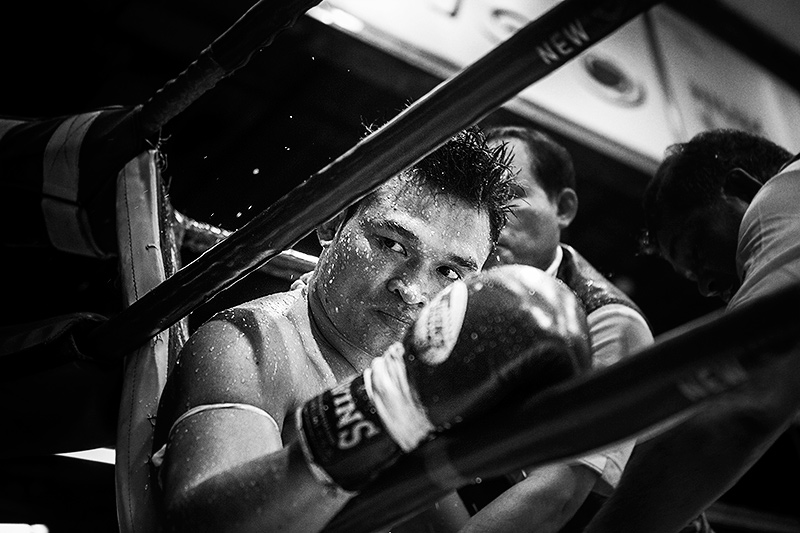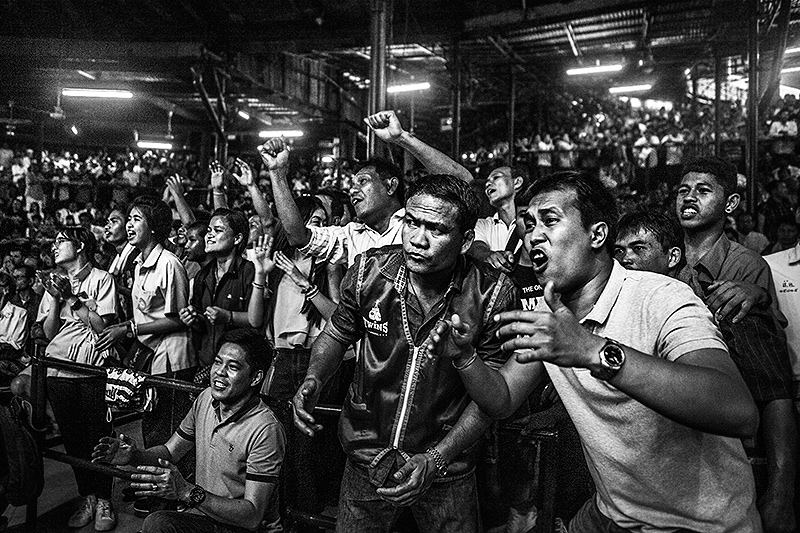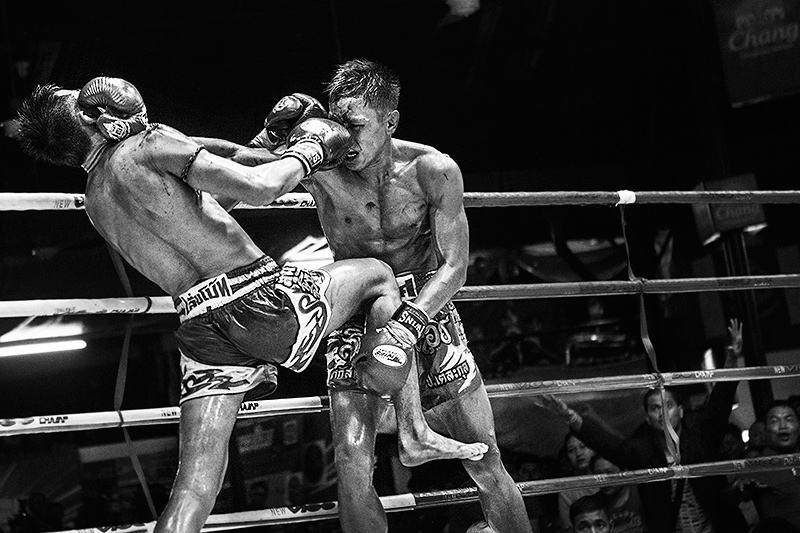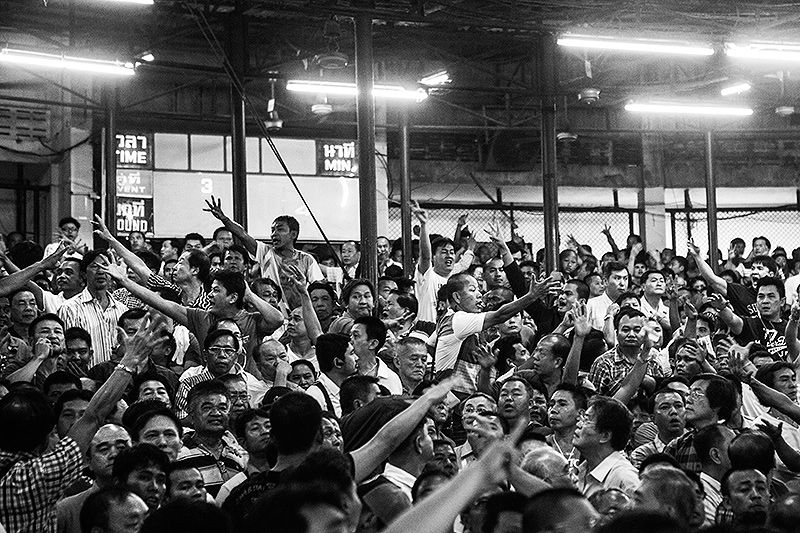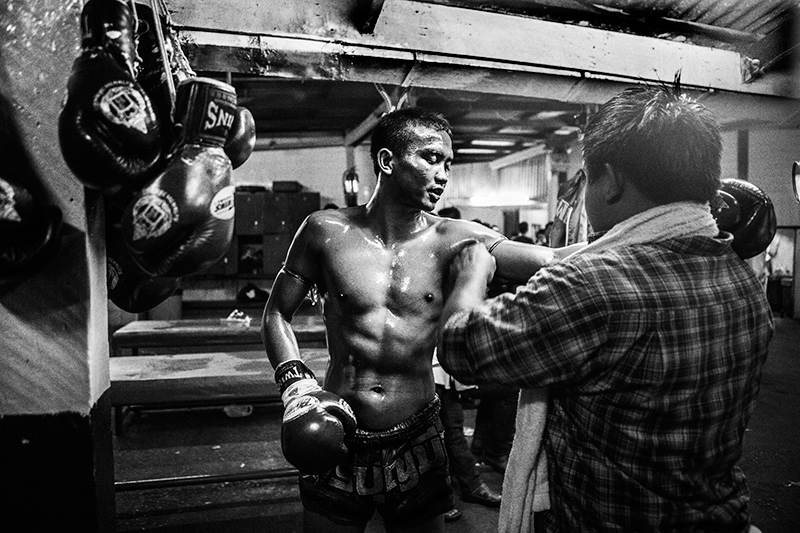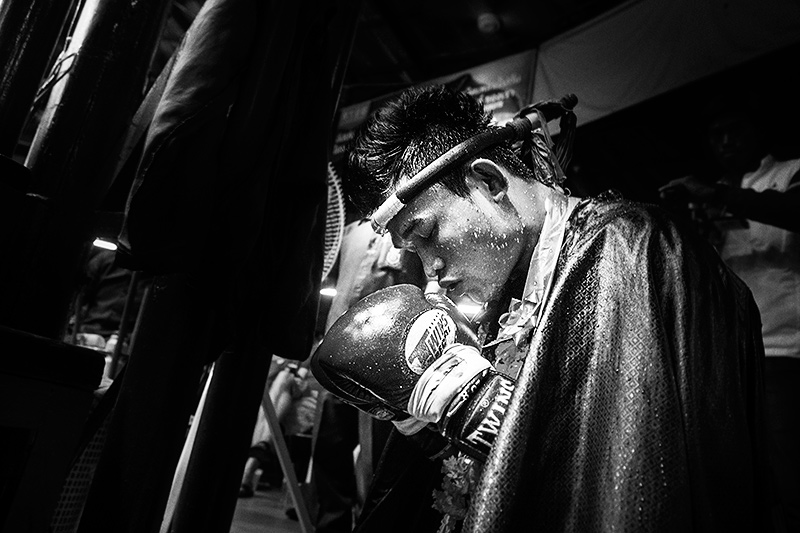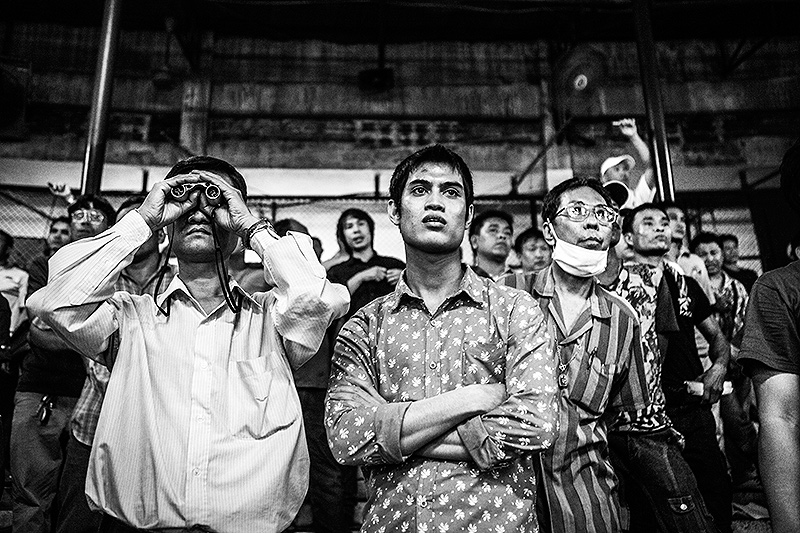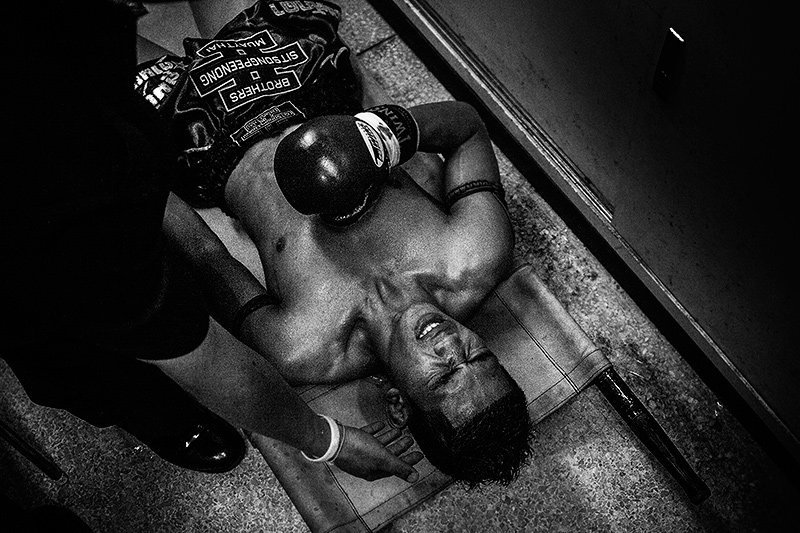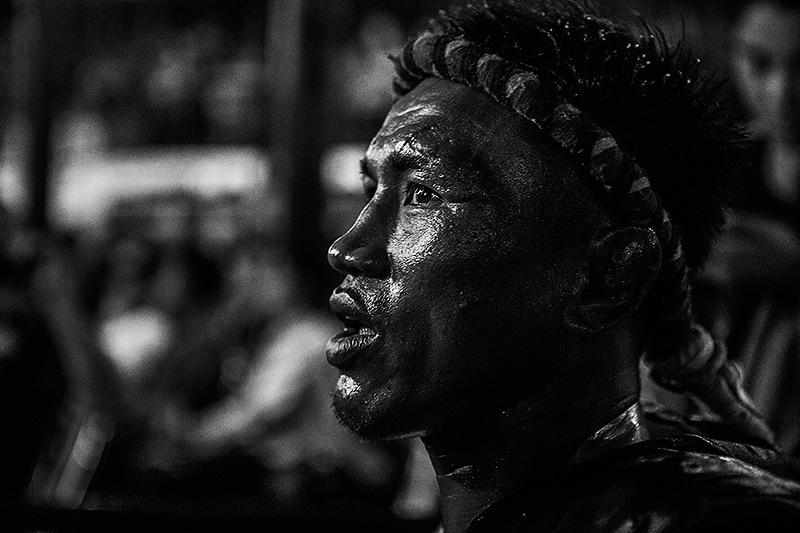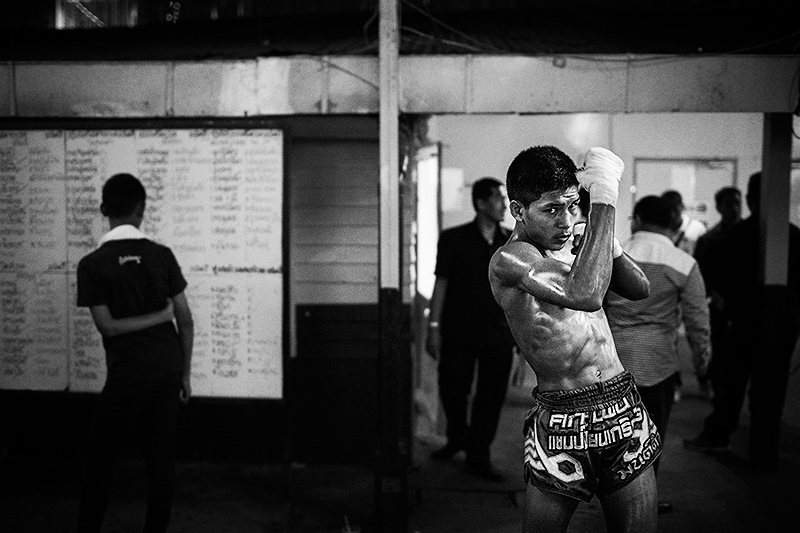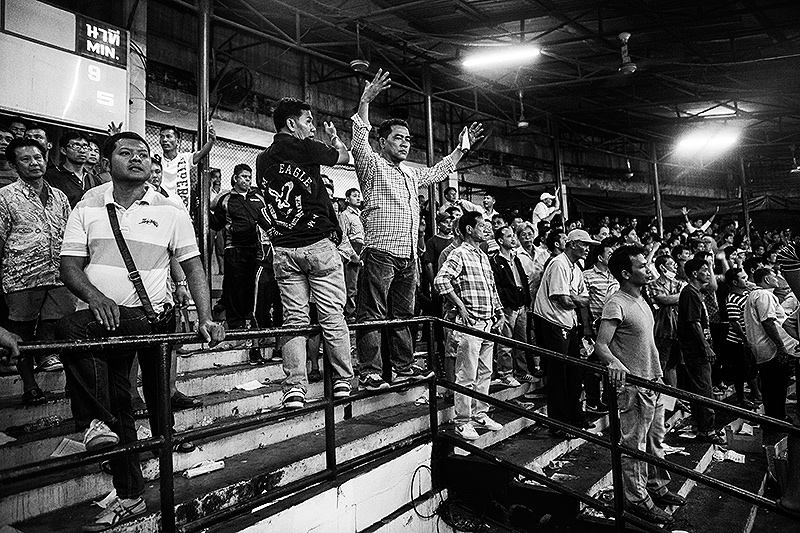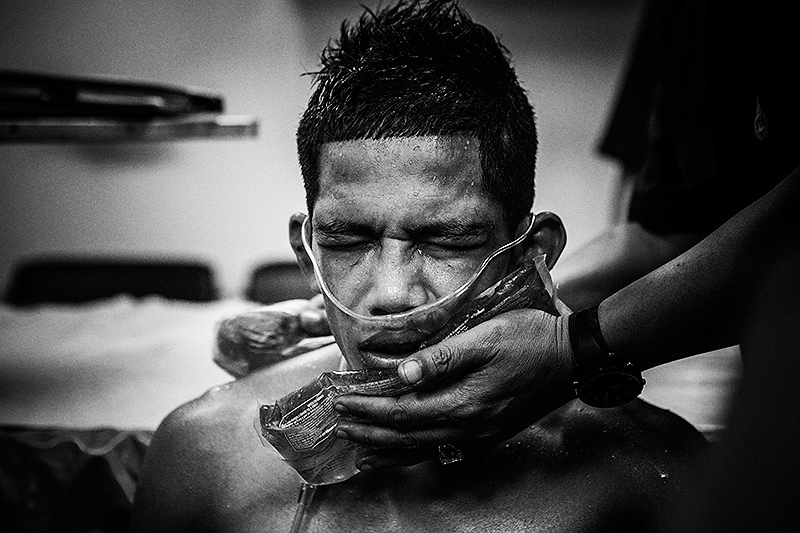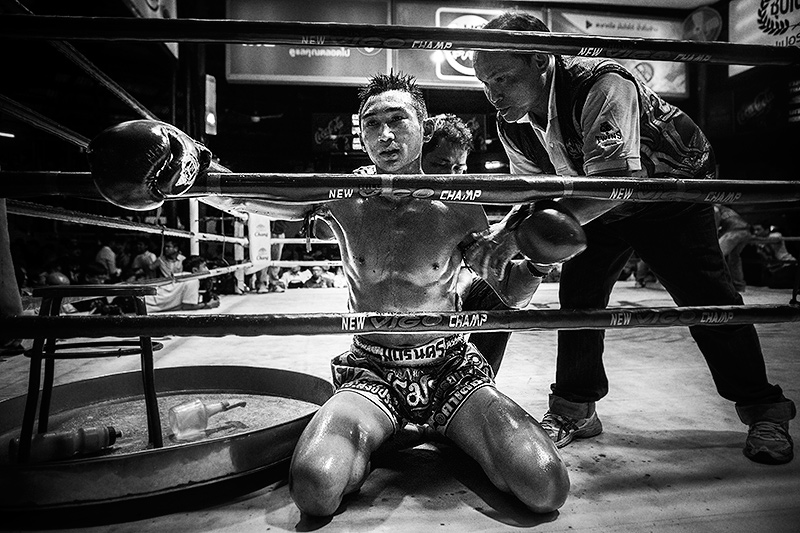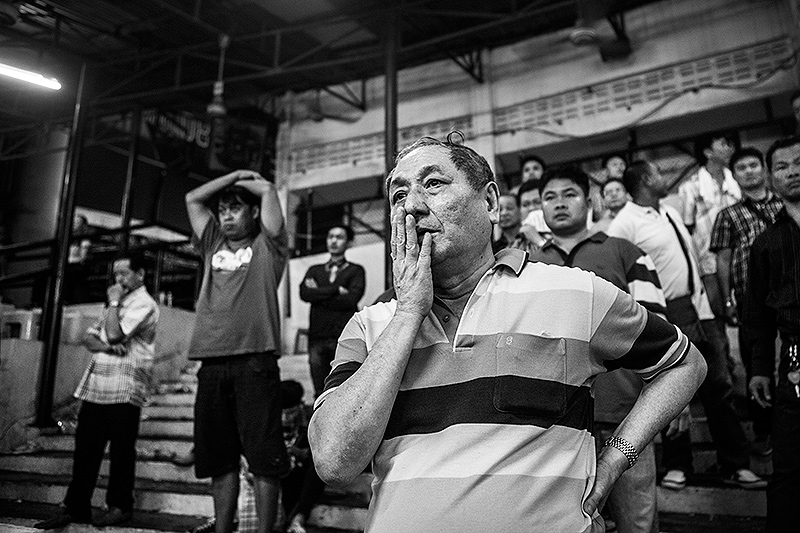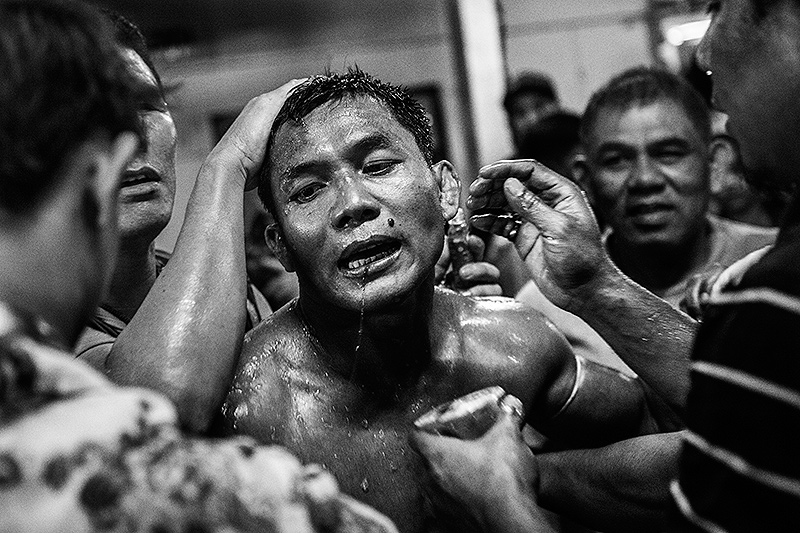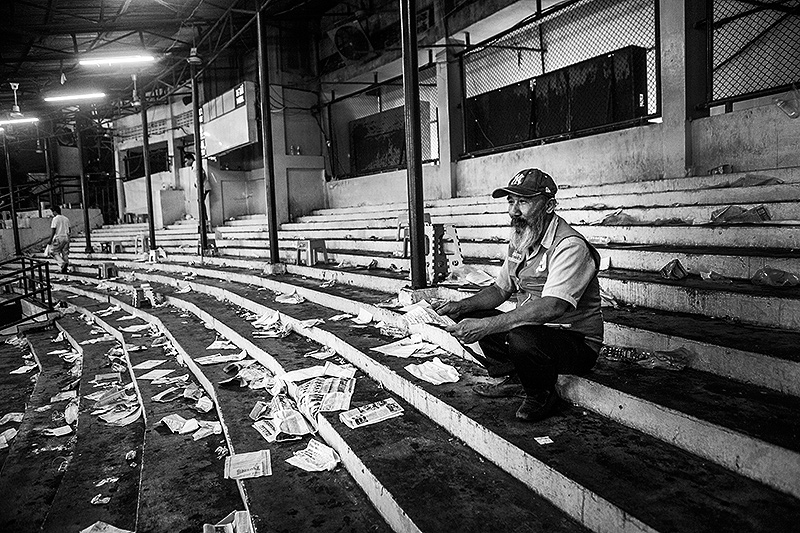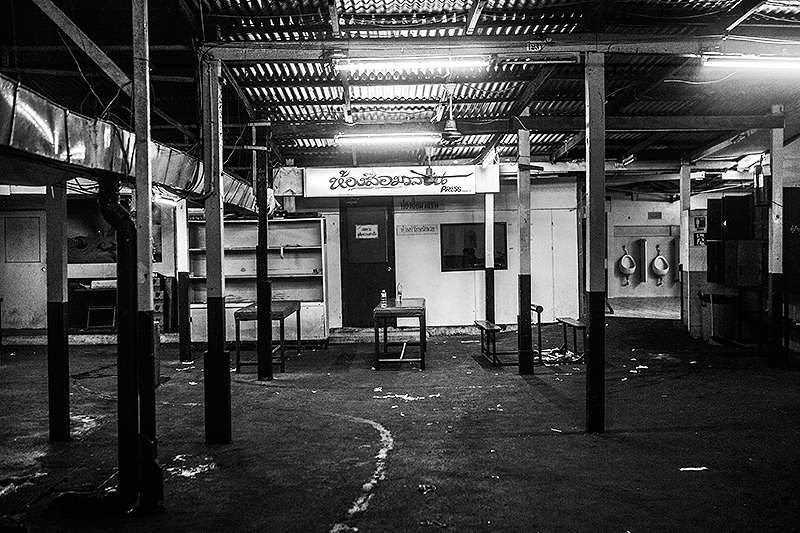How do Muay Thai Fighters earn in Thailand?
If you study of Muay Thai, chances are you do it for the love and not the money. More than likely you’ve heard since day one… “This sport isn’t about becoming rich.” But still, most Muay Thai fighters are struggling to get that break, to land the fight that will put them on the map to finally score a big day payday.
But how much is that payday exactly? In MMA, we see great champions are making huge amounts of cash and even huger sponsorship deals. More than likely, those at the top of the sport are at least earning in the six figure range, sometimes more. So how do these contracts compare to a top of the line Muay Thai fighter, holding a belt in the prestigious Lumpinee or Rajadamnern stadiums?
A current Lumpinee champion makes roughly 60,000 baht per fight (Around £1,200) Only after the gym takes their cut of profits, fighters are typically left with around 20,000 baht for themselves (£400). Doesn’t seem fair or much does it?!
There are ways for Thai fighters to earn significantly more money through gym bets. You might have seen certain fights advertised as having a 1,000,000 baht prize placed on them. These are usually large bets put on particular fights for gym owners to make an extra bit of money if they feel like their guy has a significant advantage going in. If a fighter invests his own money into the bet, it’s possible that he will receive a cut of the earnings. Of course, this is a very dangerous game. Losing means sacrificing an already minuscule paycheck, and perhaps being forced to fight more frequently to make up the difference.
Despite Thailand being a land where the cost of living is much lower than much of the western world, £400 per fight is still not very much money, especially at the highest possible level of the sport. Not only that, but the 60,000 baht pay day is only for top of the line competitors that have already established names for themselves.
Fighters that aren’t champions usually receive somewhere between 10 and 15,000 baht (£200 – £300). It can vary depending on how much interest there is for a fight, betting, and other factors, but typically the price range stays within those two numbers.
For farang (foreign) fighters, the paydays are much less. A foreign fighter will earn between 2 and 5,000 baht per fight if they are competing at Lumpinee stadium. This comes out to less than £100 per match-up.
There is more demand for farangs in the outlying markets, like Phuket and Koh Samui. Foreigners can make significantly more in Bangla than anywhere else, because that’s what the gamblers and audience come to see.
The real market for Muay Thai lies outside Thailand. International fighters can often earn more than double what Lumpinee champions pull in, despite the quality of competition being much lower. It is not incredibly difficult for a decent Thai to make over 100,000 baht per fight. It’s also much easier for farang fighters to come by competition their own weight, at a price that allows them to live above the poverty line.
Because of the low pay for Thai boxing within Thailand, many former Lumpinee or Rajadamnern champions end up in demeaning or ill-fitting jobs after their careers are over. There is not enough money saved up to retire comfortably, nor do they have many skillsets beyond the scope of muay thai. To make a living, skilled nak muays absolutely must take up a coaching position. Finding a teaching position inside the country is difficult, considering the market is already flooded with extremely high level trainers. Going international is an option, but many former fighters don’t want to be away from their friends and families for extended periods of time.
Right now, gamblers in muay thai are making huge amounts of money off the fighters, who are seeing very little of it for their efforts. We can only hope that the future sees either a change in the wages for some of the greatest athletes in combat sports, or newer organizations give stadium fighters the amount of money we all know they are worth.









